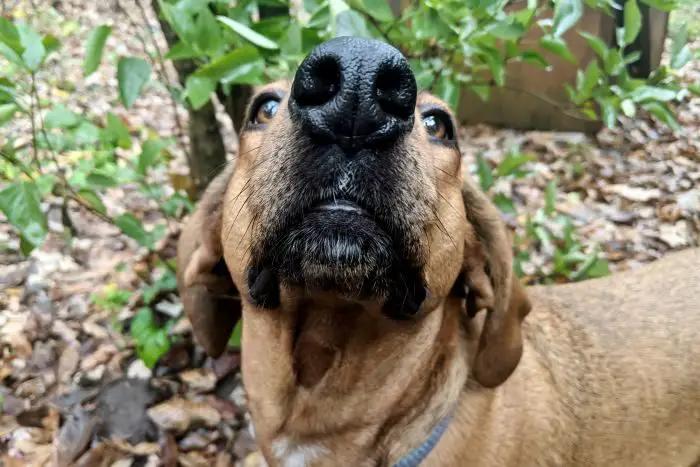Primal Pet Foods responded to some of the claims made by the United States Food and Drug Administration (FDA) sent in a warning letter to Primal Pet Foods in February. The agency’s representatives inspected Primal Pet Foods’ manufacturing facility in Fairfield, California in 2022. The inspection followed a recall of the company’s products in July 2022 predicated by the agency’s detection of Listeria monocytogenes in Raw Frozen Primal Patties for Dogs Beef Formula.
Primal Pet Foods’ response to FDA warning letter
In response to this section of the warning letter: FDA officials stated that during the inspection, Primal Pet Foods provided finished product microbial test results for cat and dog food manufactured between August 2021- August 2022 that showed 49 products tested positive for Listeria monocytogenes or Salmonella spp.
“While we did have some microbial test results return positive for harmful pathogens, those products were not released for sale – the warning letter demonstrates that our strict test and hold Program is effective,” Jilliann Smith, vice president of communications for Primal Pet Group, LLC, told Petfood Industry. “Additionally, we added more sanitation preventive controls to our food safety plan and increased environmental monitoring swab sites in our facility. In our response to the FDA, we provided documentation that shows how we’ve implemented these changes and are properly training our manufacturing team members on our detailed sanitation processes.
In response to this section of the warning letter: Primal responded to the findings by stating it will no longer utilize supplier approval or outbound microbiological testing as preventive controls for pathogens.
“The FDA believed the hazard preventative controls we had in place at the time of the voluntary recall last July were not adequate,” Smith said. “Prior to the inspection, our food safety program included the following controls – the use of high-quality, edible grade raw materials, inbound raw material testing, a supplier approval program, and a finished product test and hold protocol. To build on these controls and further ensure the safety of our foods, we started implementing the use of HPP across all our frozen raw red meat formulas, like we already had in place on poultry formulas.”
About FDA regulations involved in Primal Pet Foods warning letter
The FDA’s Current Good Manufacturing Practice (CGMP), Hazard Analysis, and Risk-Based Preventive Controls for Food for Animals regulation is a set of rules designed to ensure that animal food is safe for consumption. This regulation is intended to help prevent foodborne illness in animals, which can then be passed on to humans who consume animal products.
The CGMP regulation requires animal food manufacturers to follow specific procedures for producing, storing, and distributing animal food. This includes maintaining facilities in a clean and sanitary condition, using equipment that is properly maintained and cleaned, and implementing procedures to prevent contamination during production and storage.
The Hazard Analysis and Risk-Based Preventive Controls (HARPC) component of the regulation requires animal food manufacturers to identify potential hazards associated with their products and implement controls to prevent or minimize those hazards. This includes developing a written food safety plan that outlines the potential hazards and the steps taken to control them.
Under the HARPC rule, manufacturers must also conduct periodic reviews of their food safety plans to ensure they remain effective and up-to-date.
Overall, the CGMP and HARPC regulations are critical in ensuring that animal food is produced and distributed in a safe and sanitary manner. By adhering to these rules, animal food manufacturers can help prevent the spread of foodborne illness in both animals and humans.
